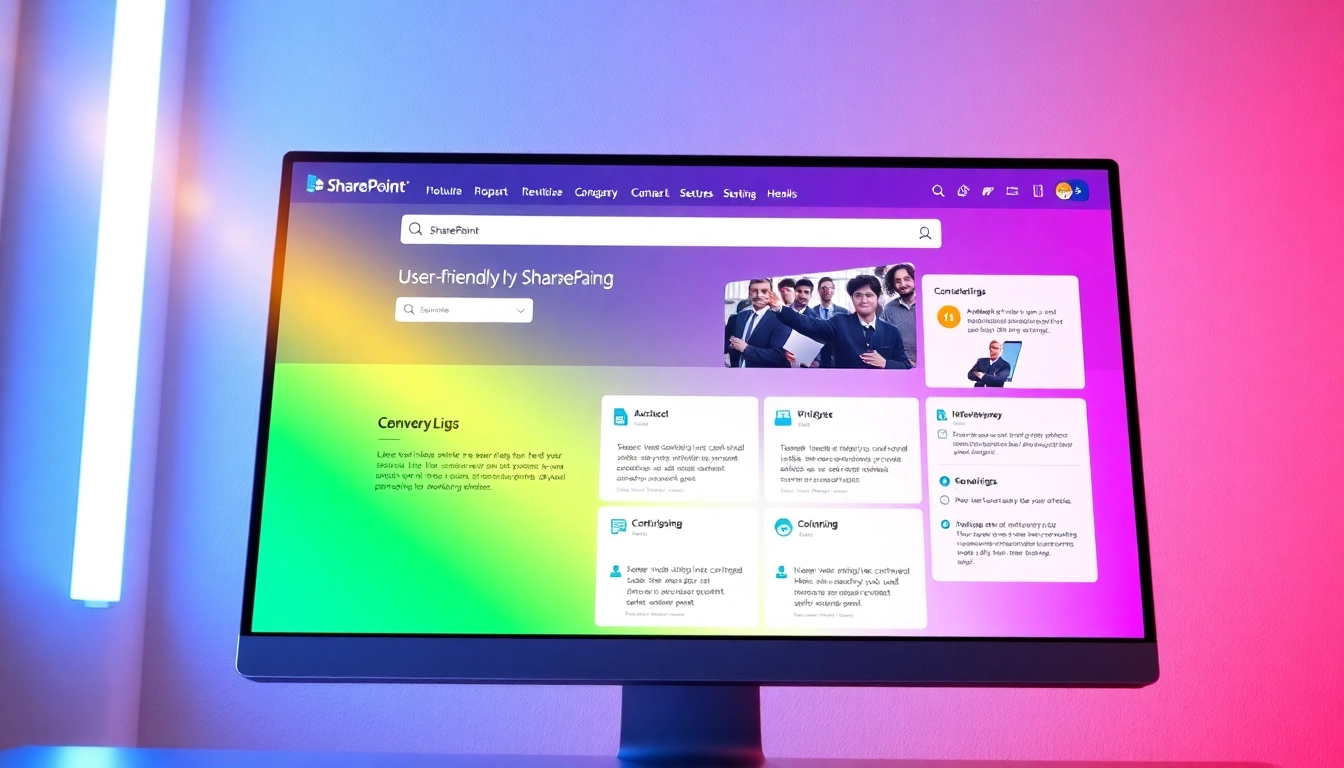Understanding Temporary Email
What is Temporary Email?
Temporary email, also known as disposable email, refers to a type of email service that allows users to create email addresses for a short duration. These addresses can be used for receiving emails without revealing one’s personal email account. Temporary email services avoid the hassles of spam and unwanted promotional content, letting users maintain their privacy while browsing the web or signing up for services. You can access reliable temporary email services that generate email aliases for quick and anonymous communication.
How Temporary Email Works
Temporary email works by allowing users to create an email address that is valid for a predetermined period, often ranging from a few minutes to several days. Once created, this email address can be used to receive messages, usually without the need for full registration. The process is quite straightforward: a user visits a temporary email service, generates an email address, and uses it to sign up for online services. After a specified time or after receiving a set number of emails, the address becomes inactive, effectively keeping the user’s personal email free from unsolicited messages.
Advantages of Using Temporary Email
The benefits of temporary email services extend beyond mere convenience. Some key advantages include:
- Enhanced Privacy: Users can share temporary email addresses instead of their primary addresses, protecting their identity and personal information.
- Reduced Spam: With temporary email, users can avoid spam and marketing emails that often fill personal inboxes.
- Anonymous Sign-Ups: Many websites require email addresses for access, but with temporary emails, users can sign up anonymously, thus reducing their digital footprint.
- Ease of Use: Most temporary email services are user-friendly, offering a straightforward interface for quick email generation.
Common Use Cases for Temporary Email
Protecting Personal Information
When interacting with websites that require email verification, individuals can use temporary emails to safeguard their personal information. This method is especially useful in situations where consumers are hesitant to disclose their actual email addresses for fear of data breaches or misuse.
Signing Up for Websites
Whether registering for social media accounts, promoting events, or accessing developer tools, temporary email offers a practical solution. Users can sign up for these services without providing their primary email, minimizing unwanted communications.
Managing Online Purchases
Online shoppers often face numerous offers and promotional emails after making a purchase. Temporary email addresses help mitigate this by allowing users to utilize a short-lived address when making purchases, preventing spam from cluttering their primary inboxes.
Choosing the Right Temporary Email Service
Key Features to Look For
Not all temporary email services are created equal; hence, when selecting one, users should consider the following features:
- User-Friendly Interface: A service with an intuitive design simplifies the process of generating and managing temporary emails.
- Email Retention Period: Different services offer varying retention times for emails. Users should choose a service that aligns with their needs.
- Compatibility: Some services may work better with specific websites or applications; ensure that the chosen service works with platforms you frequently use.
- Security Protocols: A reliable temporary email service should offer secure connections (HTTPS) and inform users about its privacy policy.
User Reviews and Comparisons
Before committing to a temporary email service, it is prudent to research user reviews and comparisons. Authentic reviews provide insight into the functionality and reliability of various services. Users can identify potential downsides and advantages that may influence their choice.
Security Measures in Temporary Email
When opting for a temporary email service, security is paramount. Many reputable services implement encryption and other security measures to protect user data. Evaluating these security features can help users safeguard their personal information against potential threats.
Setting Up Your Temporary Email
Step-by-Step Guide
Setting up a temporary email address is typically a simple process. Users can follow these general steps:
- Visit a temporary email service provider’s website.
- Choose to generate a new temporary email address.
- Use the provided address for registration or signing up for services.
- Check your temporary inbox for verification or incoming emails.
- Dispose of the address when it is no longer needed, usually after a set duration or after receiving necessary messages.
Best Practices for Usage
To maximize the utility of temporary email services, users should follow these best practices:
- Limit Use: Only utilize temporary emails for non-essential accounts.
- Check Regularly: If expecting confirmations or messages, regularly check the temporary inbox.
- Dispose Wisely: Dispose of the temporary email after use to maintain security.
Tips for Troubleshooting
If users encounter issues with their temporary email service, they can troubleshoot by:
- Confirming they are using the right email address without typos.
- Refreshing the inbox if messages seem delayed.
- Ensuring that the email service is functioning and hasn’t expired.
Long-Term Considerations for Email Privacy
Balancing Convenience and Security
While temporary email adds layers of convenience, users must weigh its benefits against their specific security needs. Understanding the risks associated with revealing personal information through permanent email addresses is crucial in the digital age.
When to Use Permanent Email
Despite the advantages of temporary emails, certain situations demand a permanent email account. Users should consider maintaining a permanent email when engaging in critical communication, such as financial transactions or legal documentation, where reliability and continuity are vital.
Future of Temporary Email Services
As digital privacy continues to grow in importance, the demand for temporary email services is likely to increase. New features focusing on enhanced security, longer retention periods, and improved user experiences may emerge, making these services even more valuable for protecting personal information online.







Leave a Reply